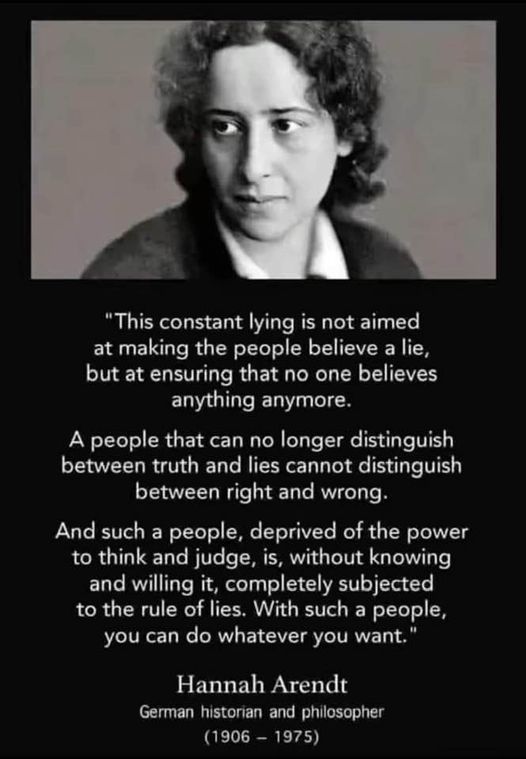
The Seven Stages of climate denial:
1. It’s not real
2. It’s not us
3. It’s not that bad
4. We have time
5. It’s too expensive to fix
6. Here’s a fake solution
7. It’s too late: you should have warned us earlier
Looking back you can see that trolls use all of these stages to deny the reality of #climatechange. With this in mind, it’s worth looking at the climate crisis and its broader implications for our liberals:
Understanding the Crisis
- Climate Change Impacts:
- Primary Effects: The direct environmental impacts such as floods, storms, and droughts, species loss.
- Secondary Effects: These encompass the broader impacts like social breakdown, mass migration, fiscal crises, and conflicts and wars.
Soft Problem: Infrastructure Response
To affect the primary effects of climate change, we need to:
- Invest in Resilient Infrastructure:
- Develop, diversify and upgrade infrastructure to withstand extreme weather events.
- Implement sustainable urban planning and disaster preparedness programs.
- Promote Environmental Stewardship:
- Encourage policies that protect natural ecosystems and biodiversity.
- Support renewable down scaling with energy sources and totally end reliance on fossil fuels.
Hard Problem: State Stability and Security
Addressing the secondary effects involves:
- Economic and Social Policies:
- Develop political and economic policies that buffer against fiscal crises caused by climate change.
- Strengthen social safety nets to support communities impacted by environmental changes.
- Global Cooperation:
- Foster international collaboration to facilitate the mass migration and sharing of resources.
- Support global peacekeeping efforts to hold justice in place and prevent conflicts exacerbated by climate stressors.
Accountability and Legal Action
Prosecuting the #nastyfew is a start, individuals and groups for their direct roles in the climate crisis involves several considerations:
- Legal Frameworks:
- Establish clear legal standards for environmental crimes and corporate responsibility.
- Develop international agreements to hold entities accountable for environmental damage.
- Ethical Considerations:
- Ensure that legal actions are grounded in social justice and fairness.
- Avoid simple scapegoating and ensure that those prosecuted are responsible for significant harm.
- Focus on Prevention:
- Prioritize measures that prevent future harm alongside punitive actions for though who are found responsible.
- Promote corporate and governmental accountability through regulations and incentives for sustainable practices and well as impotently building real alternatives.
Moving Forward
To effectively address the #climatecrisis and its security implications, a wide approach is needed:
- Promote Public Awareness and Engagement:
- Educate the public on the causes and effects of #climatechange.
- Encourage community involvement in real sustainability initiatives.
- Policy and Governance:
- Advocate for robust climate policies at national and international levels.
- Ensure that climate action is integrated into broader progressive security and economic strategies.
- Innovation and Adaptation:
- Invest in research and development of soft and hard technologies for climate mitigation and adaptation.
- Encourage the needed adaptive practices in agriculture, industry, and urban development.
- Ethical Leadership:
- Foster community leadership outside the current #mainstreaming agendas, that prioritize long-term sustainability and ethical governance.
- Promote #4opens transparency and accountability in society and climate-related decision-making.
We do need to see that addressing the #climatecrisis needs radical and balanced paths that combines immediate action with long-term planning, prominent legal accountability with widened ethical governance, and national efforts with wider global cooperation. By working and focusing on these areas, we try to work towards a sustainable future.
For a #mainstreaming view of this https://www.cbsnews.com/news/pope-francis-urges-action-on-climate-change-its-a-road-to-death/
On this subject: The #EU Eurocracy are hopelessly incompetent on progressive social and tech issues – it’s our job to help them be less incompetent as best we can. The other, radical native path is more dangerous, to get rid of them, the dangers with this, which we are seeing, is the right-wing will take their place. This applies to changing most #mainstreaming institutions and people, so we are left with “challenge” as the safe path.
